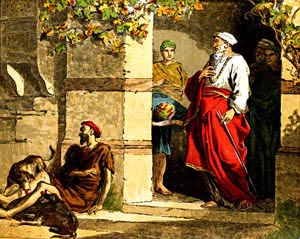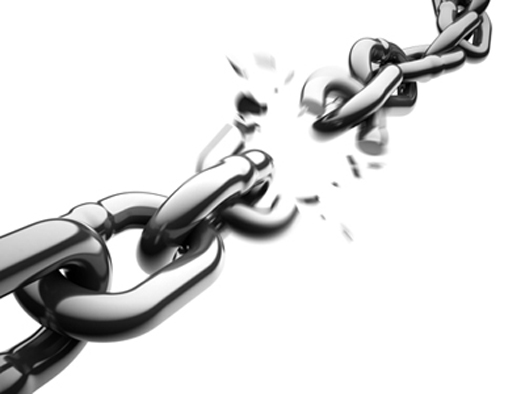 |
| Painting over a tomb in Tarouca Parish's Church |
In the evening of last Thursday, after concelebrating mass with my Parish Priest in Esporões, a village from the Parish of Tarouca, we entered the cemetery just behind the small church. The city council has built there a monument honouring the fire brigade. Looking at it and at most of the tomb stones in the cemetery, we commented that there are no references to the resurrection and no symbols of the Christian hope in the eternal life. That is surprising, because in the Parish Church there is a tomb with a painting of the resurrection over it, and the door of the tabernacle has also the risen Christ on it. Indeed, a Christian cannot speak of death without talking about the resurrection, and if he faces death without the hope in the resurrection, his faith was but a a waste of time.
Many cemeteries in Portugal show an exaggerated care that seems to present more a cult of the dead than a real expression of Christian faith. A lot of money is spent in elaborated and luxurious tombs that give a false sense of permanence; and one gets the impression that even in death some are more equal that others.
 |
| The risen Christ on the tabernacle, Tarouca |
As I write this, I remember the parable of the rich man and the poor Lazarus, which is read in this Sunday’s liturgy. After death, the rich man found himself in despair and alone, without anybody with whom he could share his pain, as he had not shared Lazarus' pain here on earth. And he would like Lazarus to come here on earth to warn his brothers, so that they change their ways, and avoid the same fate. However, that was not possible and it would not happen. If we have a listening heart, the word of God is enough to challenge us and lead us to conversion. However, there are people who waste their time looking for communications from the dead or from all kinds of spirits. Such attempts are useless and they will not help us to change our lives for the better; in fact, they separate us from the faith in Jesus Christ and keep us away from the only one who can give us life and salvation.



